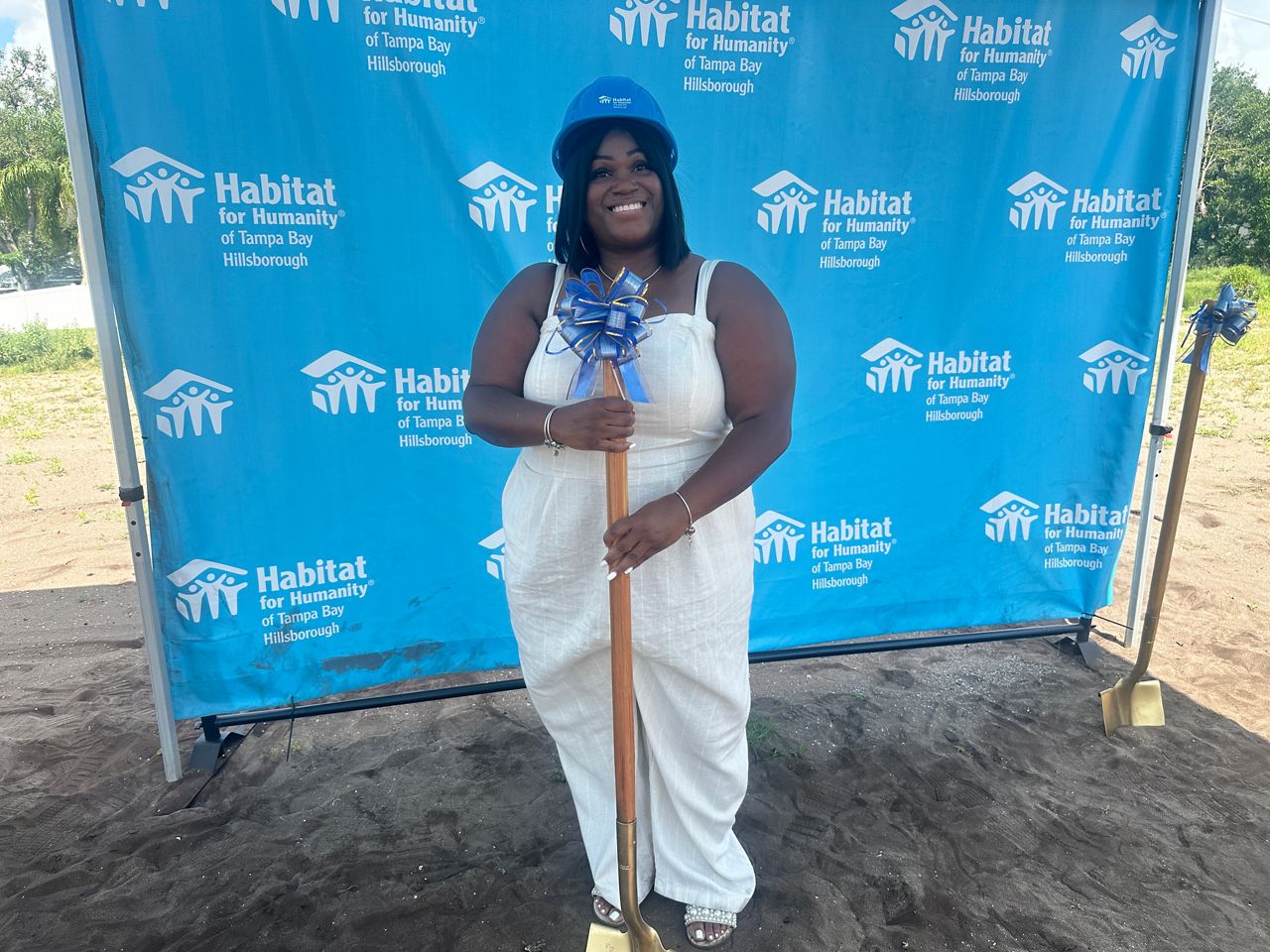Educating Children About the South African Constitution: A Guide for Parents

Emphasizing the Importance of Educating Children on the South African Constitution
In a recent dialogue on the popular radio program “Afternoons with Relebogile Mabotja,” the discussion focused on the critical role parents play in imparting knowledge about the South African Constitution to their children. This timely conversation comes against the backdrop of South Africa’s ongoing efforts to promote awareness about democratic principles and human rights among its youth.
Understanding the Constitution is essential for fostering citizenship and civic responsibility. It establishes the fundamental rights and values that uphold democracy in South Africa. In a nation characterized by its rich diversity and complex historical context, it becomes imperative that children learn to navigate their rights and responsibilities effectively. Engaging children in discussions about the Constitution not only equips them with valuable knowledge but also instills a sense of belonging and empowerment in society.
Parents are advised to approach this educational task with creativity and diligence. The integration of constitutional education into daily conversations, activities, and learning at home can enhance children’s understanding and appreciation of the law. Techniques such as storytelling, age-appropriate discussions on recent events, and interactive activities can make learning more accessible and relatable for young minds. By fostering an open dialogue about rights, freedoms, and social justice, parents can prepare their children to be informed and active participants in democracy.
Moreover, the significance of educating children about the Constitution extends beyond the family unit. Community programs and school curricula play a vital role in creating a comprehensive understanding of democratic values. Partnerships between parents, educators, and cultural institutions can further consolidate these efforts, ensuring that children receive a well-rounded and nuanced perspective on the Constitution.
In a rapidly changing world, where misinformation can easily spread, it is more crucial than ever for children to develop critical thinking skills. Understanding their constitutional rights empowers them to challenge injustices and advocate for themselves and others. Furthermore, this knowledge fosters a generation that not only respects legal frameworks but actively participates in shaping its constitutional democracy.
In summary, as South Africa celebrates its constitutional history and the strides made towards equality and justice, the onus falls on parents, educators, and the wider community to ensure that the next generation is well-versed in the principles of democracy. By focusing on constitutional education, we can cultivate informed citizens who are committed to contributing positively to society, ultimately ensuring a vibrant future for South Africa.






